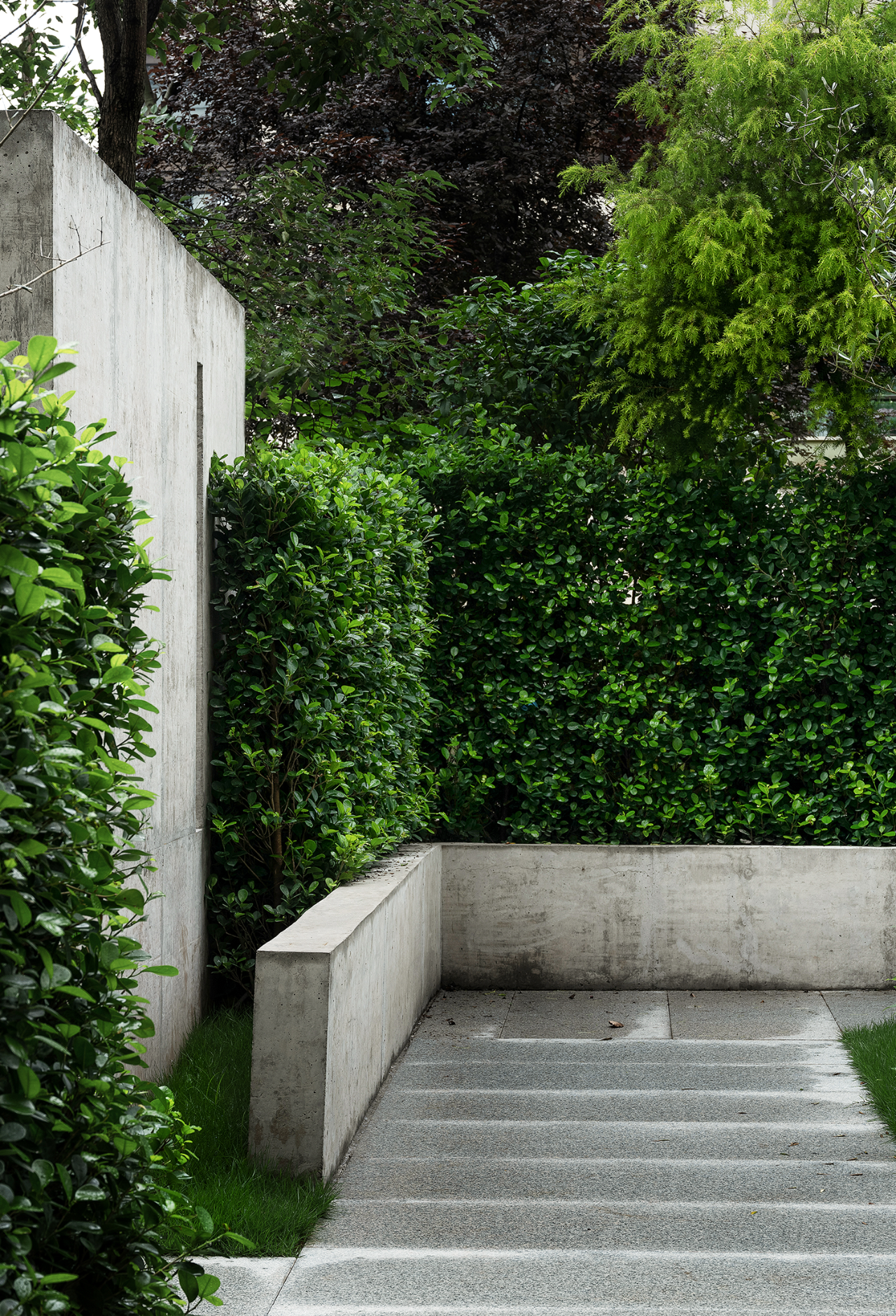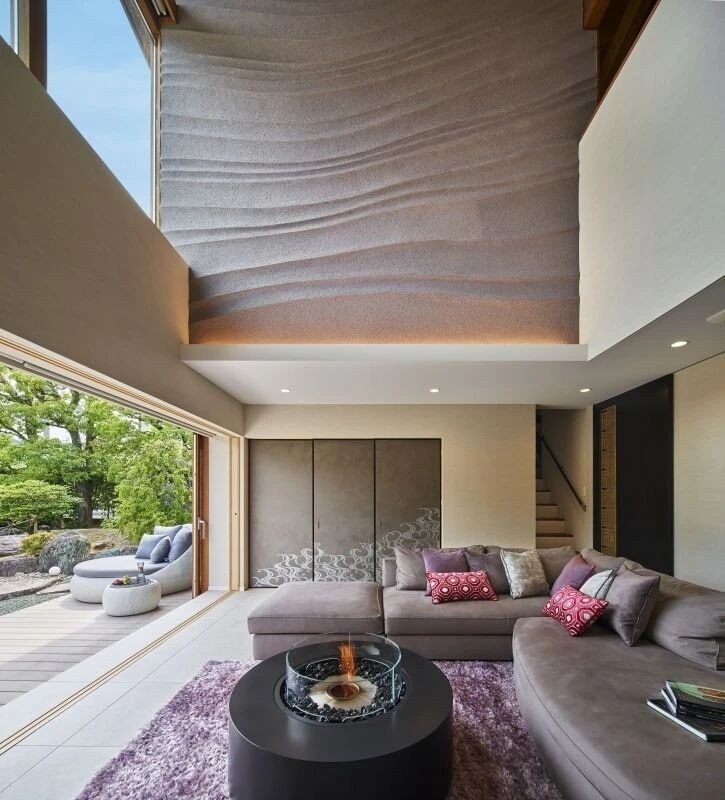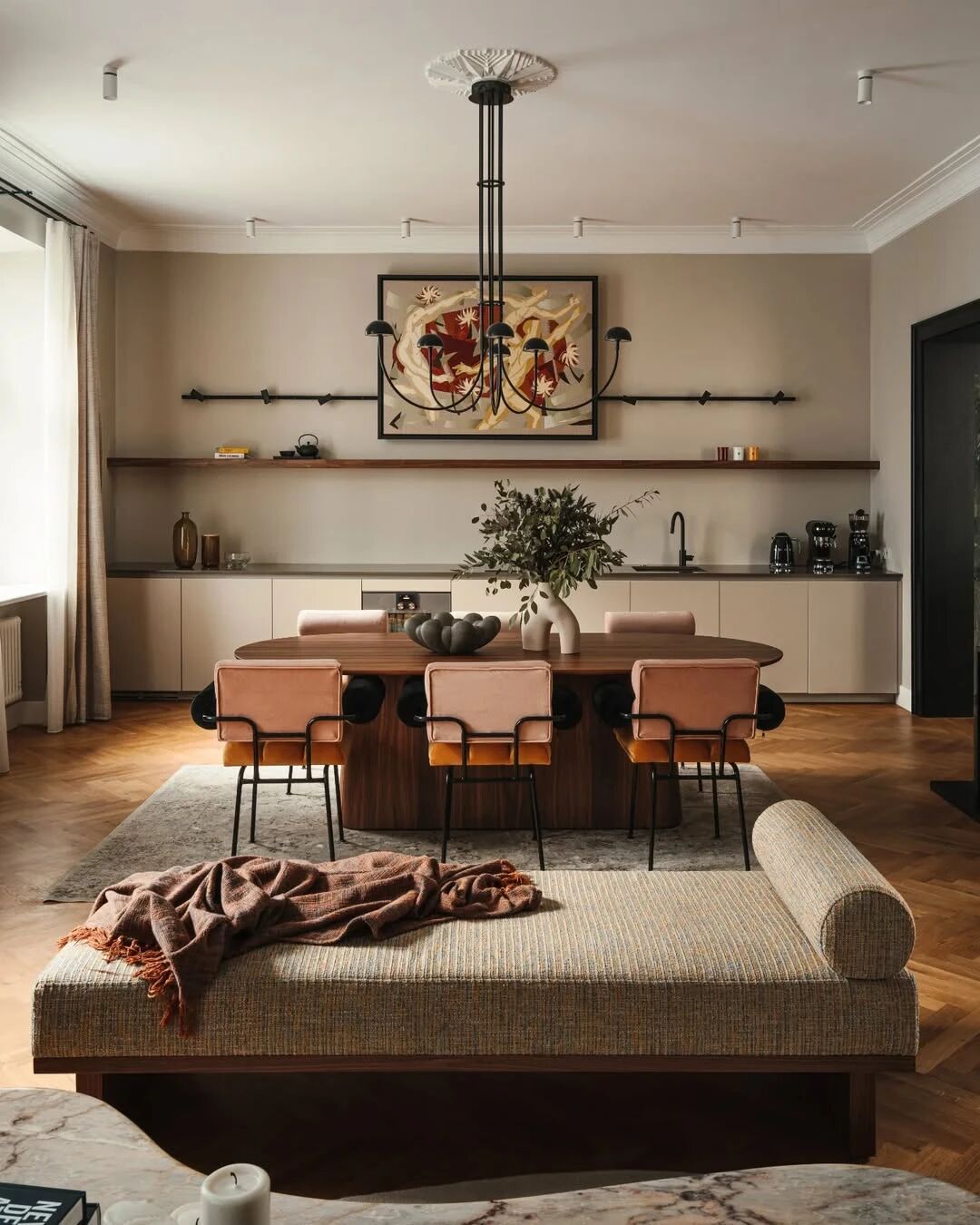Shadow Cottage Daylesford is a Wood Story in Contrast to a Discrete Industrial Aesthetic
2017-06-13 11:16
Architects: MRTN Architects Project: Shadow Cottage Daylesford Location: Daylesford, Australia Area: 153 m2 Photography: Nic Granleese
建筑师:MRTN建筑师项目:代尔斯福德影子小屋,澳大利亚戴尔斯福德地区:153平方米摄影:Nic Granleese
From the architect: Our clients came to us with a desire to create a renewed connection with the Daylesford property they have owned for over twenty years. They didn’t have a grand vision but rather a sympathetic and caretaking approach to the land and a wish to create a permanent home. We were given the option to demolish the existing structure and design an entirely new house. We established the optimal siting for a home was in the existing location so proposed instead to retain the original Victorian cottage, and only demolish a series of increasingly shoddy lean too additions and reinstate the original front verandah to retain a connection with the history of the site.
建筑师:我们的客户来找我们,希望与他们拥有20多年的Daylesford房产建立新的联系。他们没有宏伟的愿景,而是对土地的同情和关怀,并希望创造一个永久的家园。我们可以选择拆除现有的建筑和设计一个全新的房子。我们建立了一个住宅的最佳地点是在现有的位置,所以建议保留原来的维多利亚式的小屋,只拆除一系列日益劣质的瘦身也增加,并恢复原来的前走廊,以保留与遗址的历史联系。
Located beside Daylesford Lake, in the foothills of the dividing range; the higher elevation means for a cooler and wetter weather than that found in Melbourne. Shadow Cottage Daylesford responds to the landscape and climate context in which it is sited. Living areas are orientated to north and to the west as the house drops away to capture views of the towering eucalypts in the nature reserve. To the east is the original Victorian workers cottage upgraded to meet the bushfire standards. The addition doesn’t touch the ground lightly but rather hugs close to the ground and focuses attention to the backdrop of trees appearing as a contemporary mountain cabin when viewed through the bush below, in contrast to the prim Victorian viewed from the street.
位于戴尔斯福德湖旁边,位于分界线的山麓;海拔较高意味着比墨尔本的天气更凉爽、更潮湿。代尔斯福德的影子小屋对它所处的景观和气候环境作出了反应。居住区域是向北和向西,因为房子下降,以捕捉在自然保护区的高耸的桉树的看法。东面是原维多利亚时期工人的农舍,改造后达到了灌木丛火灾的标准。这一加法并不轻触地面,而是紧紧地拥抱着地面,并将注意力集中在从下面的灌木丛中看到树木作为现代山间小屋的背景上,这与从街道上看到的维多利亚时代的原始景观形成了鲜明对比。
Conceptually the new addition was designed as a long shadow of the original Victorian cottage, the early morning shadow of the cottage cast into three-dimensional form, a shadow projecting from the cottage and casting down into the nature reserve. The consideration of shadow in the design also led to the over sized eave to the west responding to the suns path and a desire to recede from the sun as it moves into the afternoon sky.
在概念上,新增加的是设计为一个原始维多利亚别墅的长影,清晨的影子投射成三维的形式,一个阴影从小屋投射到自然保护区。在设计中对阴影的考虑也导致了西面的超大屋檐对太阳路径的响应,以及当太阳进入下午的天空时退却的欲望。
The stained timber cladding clearly defines the new house from the existing, creating the built shadow cast from the outline of the historic weatherboard dwelling. North facing glazing allows low winter light to penetrate deep into the plan and provide passive heating during the cooler months.
染色的木材包层清楚地定义了新的房子从现有的,创造了建造的阴影投下的轮廓的历史风向板住宅。北面玻璃允许低冬季光线渗透到计划的深处,并在凉爽的月份提供被动加热。
The interior is lined with salvaged timber boards and FSC plywood panels imparting a warm glow to the living spaces, which is enhanced at night by concealed lighting that illuminates the folded timber ceiling, a continuation of the black exterior eaves. The dramatic roof overhang provides shading to the windows and leads the eye down to the gully and the trees beyond.
室内内衬打捞木材板和FSC胶合板赋予生活空间温暖的光辉,这是加强在夜间的隐蔽照明,照亮折叠木材天花板,一个黑色的外部屋檐的延续。戏剧性的屋顶悬垂为窗户提供了遮荫,并将视线引至沟壑和远处的树木。
ESD was embedded in the project from its inception and developed collaboratively with the clients. A compact footprint retains the existing frontage and utilises low embodied energy and salvaged materials. Living spaces are orientated to north with generous eaves optimising seasonal solar access. Bathrooms are finished in tiles and pavers that were destined for landfill. Passive comfort is further enhanced through high level insulation, internalised thermal mass, grey water re-use and cross ventilation through thermally broken windows.
ESD从一开始就嵌入到项目中,并与客户合作开发。一个紧凑的足迹保留了现有的正面和使用低体现的能量和打捞材料。居住空间位于北方,宽敞的屋檐优化了季节性的太阳能通道。浴室是用瓷砖和摊铺板完成的,这些瓷砖和摊铺板注定要填埋。被动式舒适性进一步提高,通过高水平绝缘,内化热质量,灰水再利用和交叉通风通过热破碎的窗户。
 举报
举报
别默默的看了,快登录帮我评论一下吧!:)
注册
登录
更多评论
相关文章
-

描边风设计中,最容易犯的8种问题分析
2018年走过了四分之一,LOGO设计趋势也清晰了LOGO设计
-

描边风设计中,最容易犯的8种问题分析
2018年走过了四分之一,LOGO设计趋势也清晰了LOGO设计
-

描边风设计中,最容易犯的8种问题分析
2018年走过了四分之一,LOGO设计趋势也清晰了LOGO设计




































































